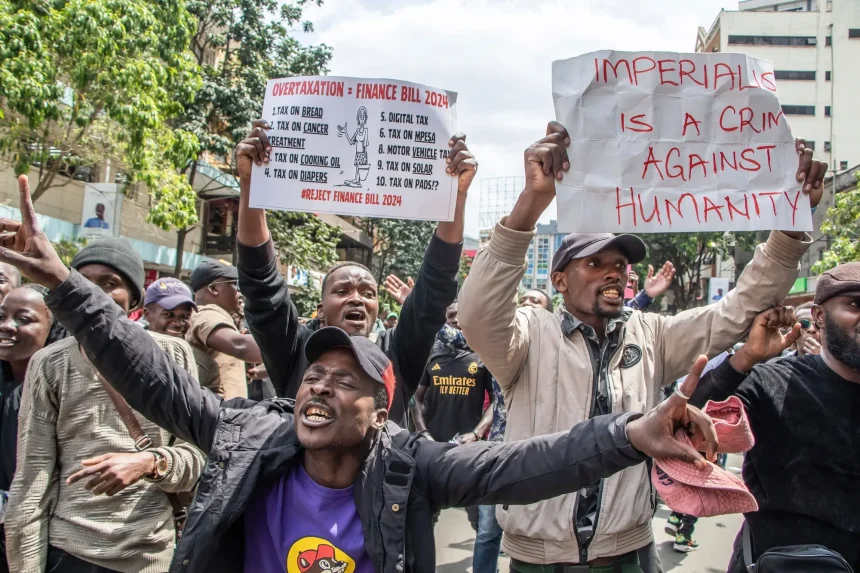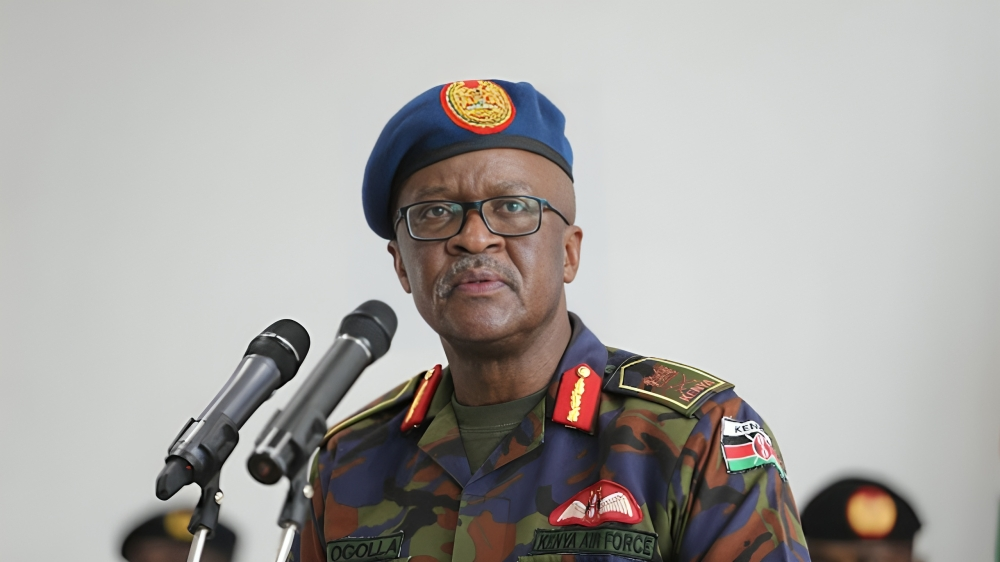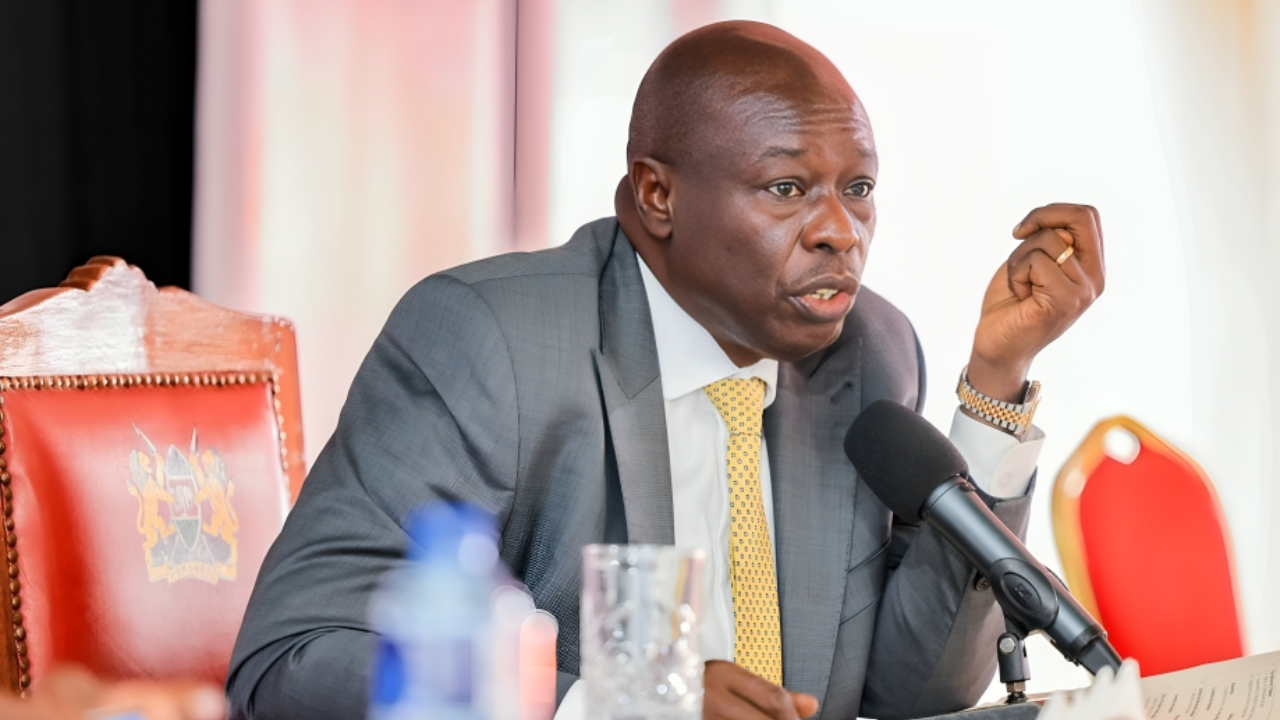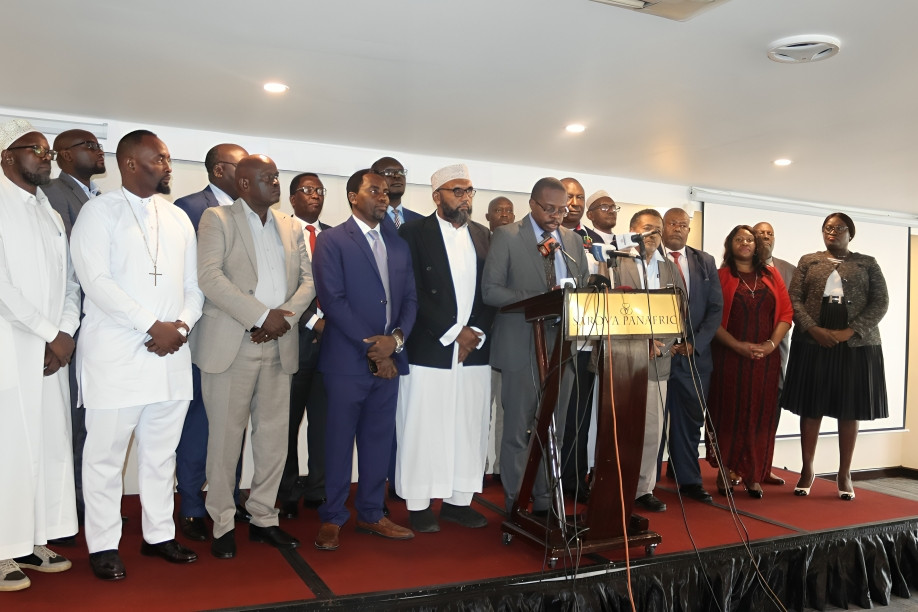The Mosaic Of African Literary
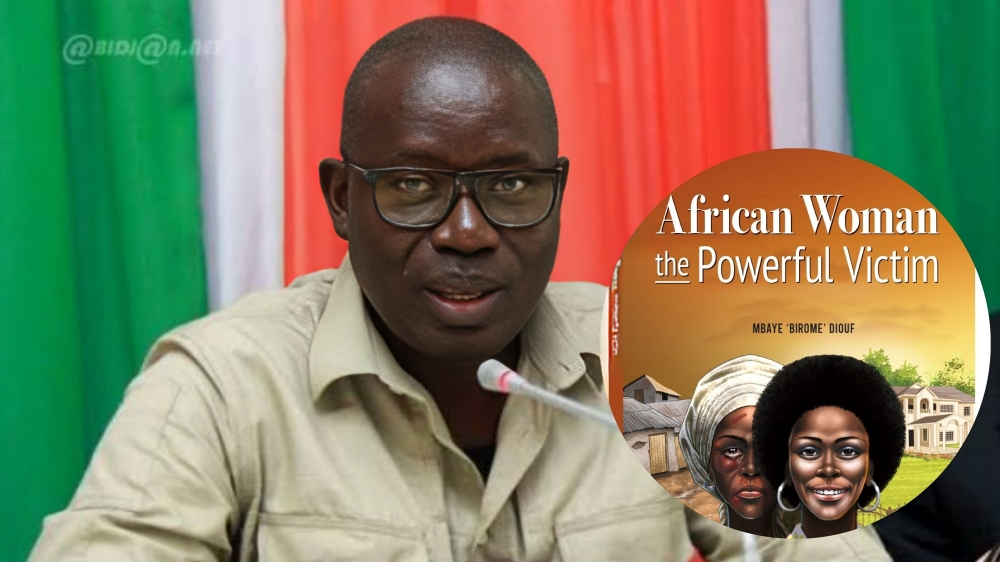
African literature boasts a rich tapestry woven by the literary contributions of remarkable authors, each leaving an indelible mark on the global literary landscape.
Chinua Achebe, often hailed as the father of modern African literature, stands as a towering figure. His seminal work, "Things Fall Apart," explores the complexities of pre-colonial Nigeria and has become a cornerstone in the understanding of African identity.
Another luminary figure is Wole Soyinka, the first African Nobel laureate in literature. Soyinka's powerful plays, such as "Death and the King's Horseman," delve into the clash between tradition and modernity, offering profound insights into societal dynamics.
Equally noteworthy is Chimamanda Ngozi Adichie, a contemporary voice heralded for her evocative storytelling. With works like "Half of a Yellow Sun" and "Purple Hibiscus," Adichie explores themes of identity, war, and the impact of colonialism, earning her global acclaim.
Kenyan literature encapsulates a vibrant and diverse literary tradition that reflects the country's rich cultural tapestry and complex historical journey. From the pioneering works of Ngugi wa Thiong'o, whose writing embodies a commitment to decolonizing African literature, to the compelling narratives of contemporary authors like Yvonne Adhiambo Owuor and Binyavanga Wainaina.
Kenyan literature spans a spectrum of themes, including post-colonial identity, political upheaval, and the resilience of the human spirit.
The exploration of Swahili literature also adds depth to Kenya's literary landscape, showcasing a unique linguistic dimension. Through a kaleidoscope of voices, Kenyan literature captivates readers with its nuanced storytelling and serves as a poignant reflection of the nation's complex history and ongoing societal evolution.
With all said, I would be indebted not to mention literary works by Mbaye Birome Diouf, a distinguished author from Dakar, Senegal, currently residing in Kenya, who has made significant contributions to literature with over 8 published books.
These authors, among many others, have not only enriched African literature but have also amplified diverse narratives that resonate worldwide, contributing significantly to the global literary canon.
As a seasoned humanitarian professional with an illustrious career, navigating unforeseen challenges in the field, Diouf holds a PhD in management and security leadership.
His literary journey began with his notes from humanitarian work, culminating in over 7 books, each reflecting his commitment to creating a safer world for women. His academic background, including studies at the University of London, University of California (Irvine), and Maryland (Park College), underscores the depth of his knowledge in leadership, diplomacy, crisis management, and security.
With a rich academic background and extensive humanitarian experience, Diouf channels his focus on women's issues through his literature.
"250@25: Wanjiku Dark Streets," Mbaye Birome Diouf anchors its narrative on Wanjiku, a Kenyan woman facing adversity in the harsh realities of life. The story poignantly reflects the challenges and vulnerabilities of young women in Kenyan society, shedding light on societal shortcomings and the urgent need for social action and legal protection. Through Wanjiku's journey, the author calls upon governments and civil society to address these issues and break the cycle of hardship faced by many.
He masterfully weaves a tale that not only reflects the harsh realities faced by women like Wanjiku but also serves as a powerful catalyst for societal change. Through his literature, Diouf emerges as a passionate advocate for women's rights, shedding light on the struggles that demand urgent attention and concerted efforts for a brighter future.
Wanjiku, whose life is full of misery, ends up in the streets, abandoned by family, hoping for a better future she goes to the street to feed for us and their misery. Does she have hope in the end? The story succinctly portrays the status of young women in the Kenyan society.
The author succeeds in highlighting the vulnerabilities of women in the African society, exacerbated by the lack of due social action and legal protection. The call to action to governments and civil society to do more to break this downward spiral is evident in this book.
In his work "The African Powerful Victim" explores the rapidly changing world influenced by the internet. Diouf addresses societal weaknesses, especially the victimization of women, expressing solidarity with international efforts for a better future. His words echo a plea for societal transformation and government action as he addresses the evolving world shaped by the internet, highlighting cultural shifts and advocating for a better future for women.
In the book "Ten Thousand Days in Humanitarian Security Management," Diouf provides a vivid account of his rise through the ranks during his 20 years at the UNHCR. The book emphasizes the importance of both biological and professional family, offering insights into the challenges faced in the field.
African literature encompasses a rich and diverse tapestry of narratives that reflect the continent's multifaceted history, cultural intricacies, and evolving social dynamics. From the oral traditions that have been passed down through generations to the contemporary works that grapple with pressing issues, African literature serves as a powerful medium for expressing identity, resilience, and the complexities of post-colonial existence.
Through the exploration of themes such as decolonization, identity politics, and globalization, African writers have not only contributed significantly to the global literary canon but have also played a crucial role in shaping nuanced dialogues around the rich tapestry of the African experience.
The continual evolution of African literature signals its enduring relevance and its potential to foster cross-cultural understanding while celebrating the diverse voices that collectively contribute to the vibrant mosaic of African literary expression.
